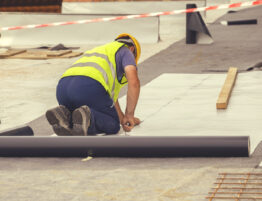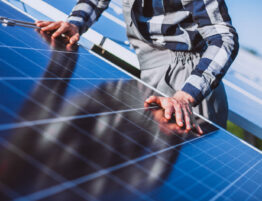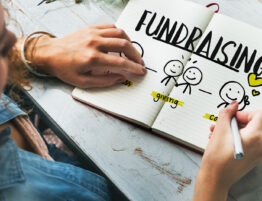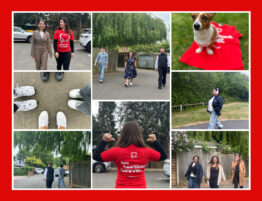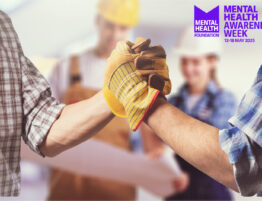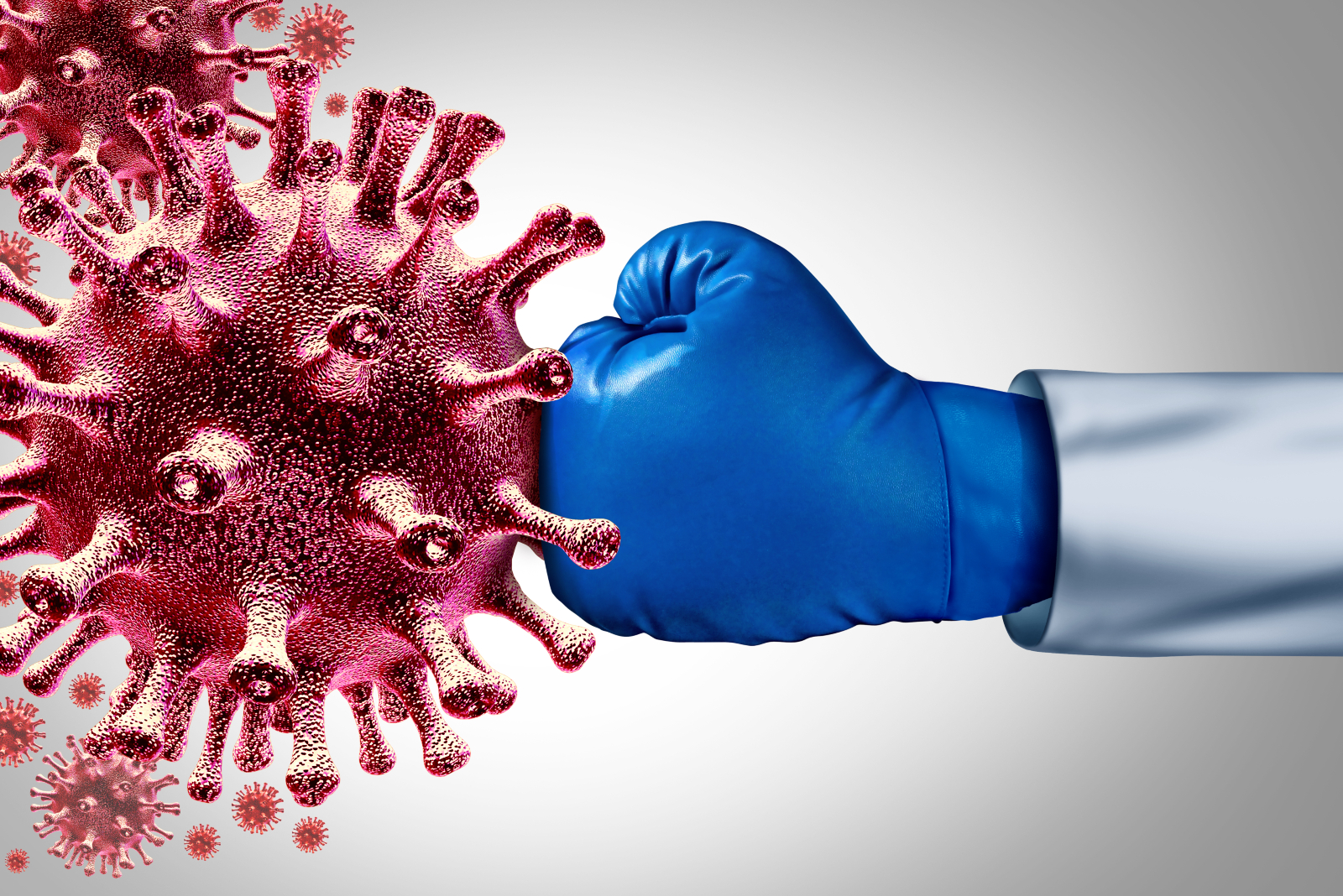
With cases of coronavirus rising in the UK, we have taken steps to ensure every member of our on-site teams are fully up to date with the current rules.
Sheriff’s foremen carried out a Toolbox Talk last week, explaining all the latest advice around avoiding infection and the spread of this disease. In case anyone missed it or would benefit from a reminder, we’ve got all the detail for you here in this week’s blog.
First of all, things are changing day-by-day, so in all circumstances involving the coronavirus (Covid-19), please refer to and follow current Government advice which can be found at www.gov.uk/coronavirus.
1. You must not come to site if you have any of the following:
- A high temperature, a new continuous cough, a loss of, or change in, your normal sense of taste/ smell
- Are within 14 days of the day when the first member of your household showed symptoms of coronavirus
- You are living with someone who is self-isolating or showing symptoms
- You are in a support bubble with someone who has symptoms
- You have been advised to self-isolate as part of the Governments test and trace service
2. You must follow current Government advice on self-isolation and not return to work until the period of isolation has been completed. If you develop any of the three main symptoms listed above whilst you are at work, you must:
- Leave site and return home immediately
- Do not enter site offices or any welfare accommodation units
- Inform your supervisor by telephone as soon as possible
- Avoid touching anything
- Cough or sneeze into a tissue and put it in a bin (or into the crook of your elbow if you do not have a tissue)
- You must then get tested for Covid-19 as soon as possible and self-isolate until the test result is received. Inform your supervisor of the result and do not return to site until you have received authorisation to do so.
3. You are not allowed to work on site if you have entered England within a period of 14 days from a country or territory that is not on the Governments travel corridor list. Only after completion of the required 14 days period of self-isolation will you be permitted to work on site.
4. If you are a clinically extremely vulnerable person or clinically-vulnerable, you should work from home wherever possible. If that is not possible, ensure you work in the safest available role, where you can maintain social distancing of 2m or 1m with risk mitigation where 2m is not viable. If you are not able to do this you should not work on site.
5. You should travel to site alone using your own transport and avoid using public transport wherever possible. If you have to use public transport try to avoid peak times (05:45 ‐ 8.15 and 16:00 ‐ 17:30).
6. If travelling on public transport, you must wear a face covering in accordance with Government advice. When disposing of a face covering, you should use ‘black bag’ waste bins or litter bins. Recycling bins should not be used. On arrival at site, you must wash your hands.
7. If you have no option but to share transport, you should share with the same individuals and with the minimum number of people at any one time. Good ventilation (i.e. keeping the windows open) and facing away from each other may help to reduce the risk of transmission. The vehicle should be cleaned regularly using gloves and standard cleaning products, with particular emphasis on handles and other areas where passengers may touch surfaces.
8. Keep a distance of at least 2 metres from other persons at all times e.g. in work areas, offices, canteens, toilets, changing areas and open spaces.
9. Wear a face covering when in an enclosed space, when it is not possible to socially distance and when you come into contact with others you do not normally meet. Remember face coverings are not personal protective equipment (PPE) and should not be used as such.
10. Wash or clean hands for 20 seconds when entering and leaving site, before and after eating food, before and after using toilets and when entering and getting out of plant/vehicles.
11. Ensure you are aware of your company’s risk assessments and safety method statements for working during the coronavirus pandemic and do not deviate from them. Any issues should be raised with your site supervisor.
12. Where you are already using PPE in your work activity to protect against non-COVID-19 risks, you should continue to do so.
13. Additional PPE beyond what you usually wear is not beneficial. This is because COVID-19 is a different type of risk to those you normally face in a workplace. It needs to be managed through social distancing, hygiene and fixed teams or partnering, not through the use of PPE.
14. Thoroughly clean any re-usable personal protective equipment (PPE) and do not share it with other workers.
15. Dispose of single use PPE so that it cannot be used by other workers.
16. Where possible, use stairs instead of hoists or lifts.
17. Avoid congregating at any entry and exit points.
18. Once on site, you should remain on site until the end of the working day.
19. Bring pre-prepared meals and refillable drinking bottles to work and avoid using local shops.
20. During breaks, put rubbish into bins – do not leave it for others to clear.
21. Regularly clean tools, plant, equipment and the inside of vehicle/plant cabs. Also clean cabs between use by different operators.
22. Non-essential visitors are not to attend site.
23. Avoid unnecessary touching of objects and surfaces and wash or clean hands regularly.
24. Delivery drivers must remain in the cab of their vehicle if loads allow. Where this is not possible, they should wash or clean their hands before unloading any goods or materials.
25. Discuss any issues you may have with your employer, site supervisor or a member of the site management team to enable them to be appropriately addressed.
Our best defence
This list may seem long but these are all important measures which can minimise the risk of you, your colleagues, your family members and others from the communities you live and work in becoming ill with the coronavirus. Prevention relies on everyone taking responsibility for their actions and behaviour and, until there is hope of a cure, prevention is the best defence we have.
15.09.2020
Feature image: Lightspring/Shutterstock.com


